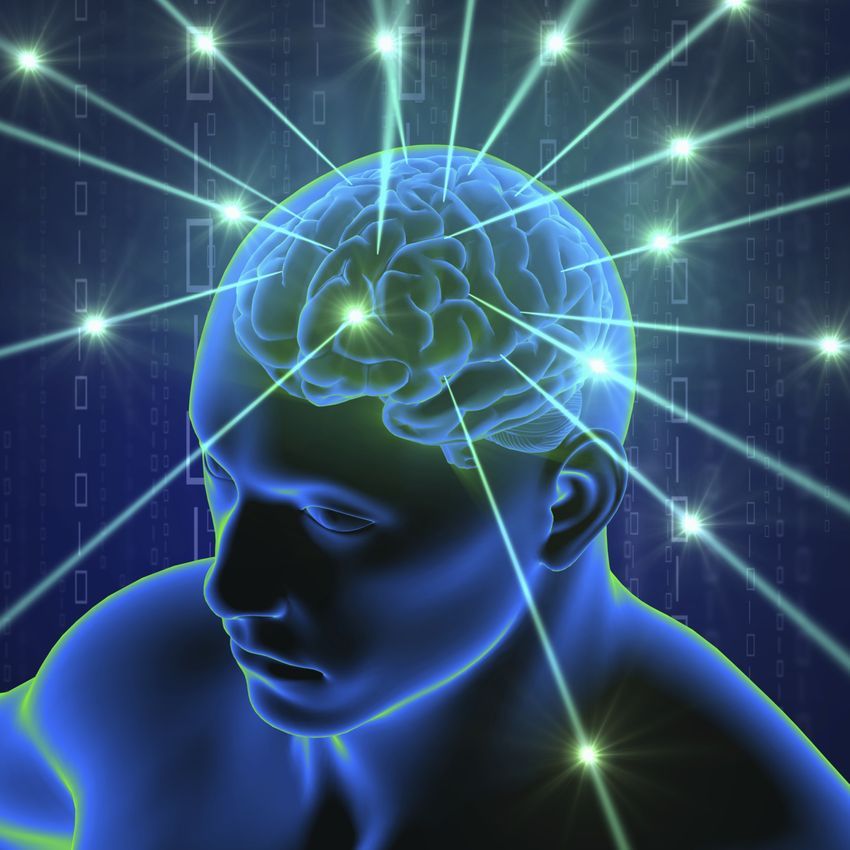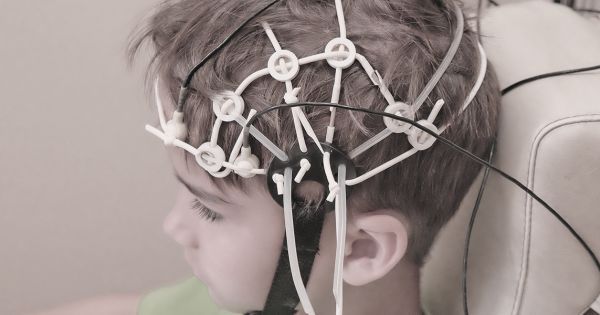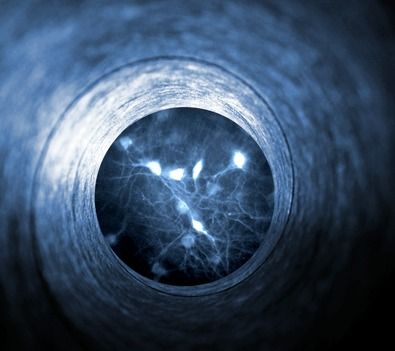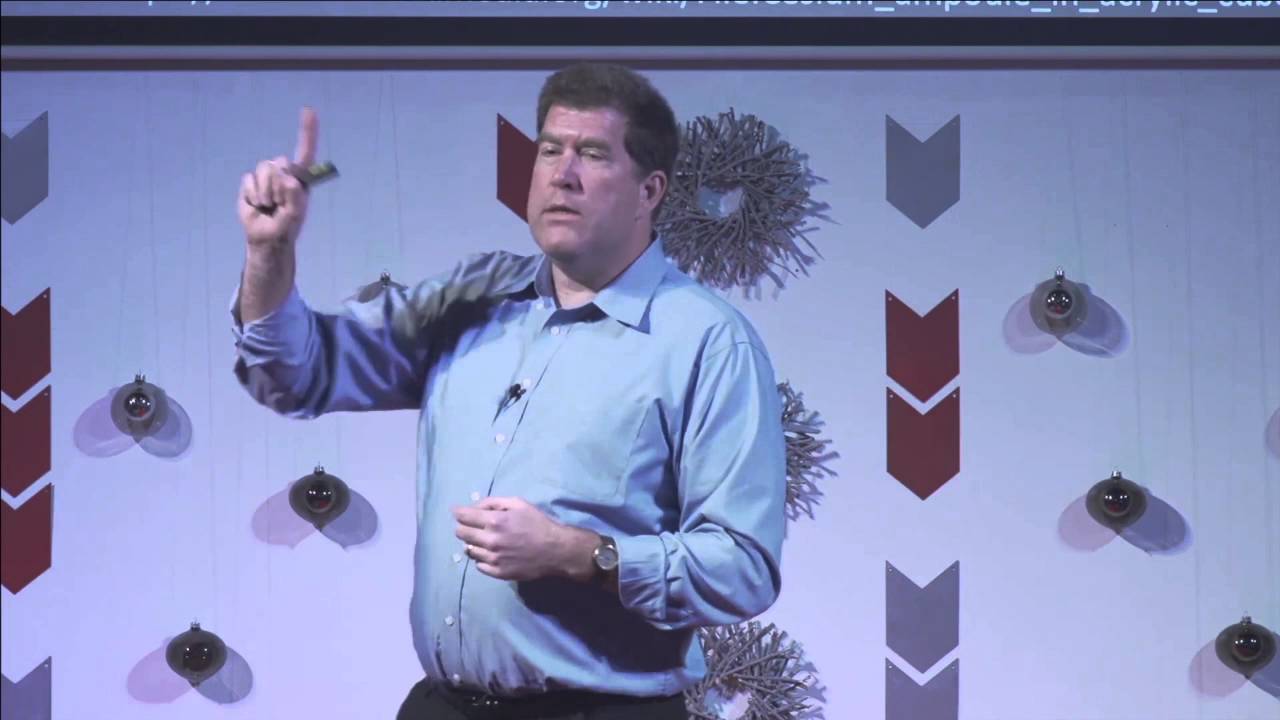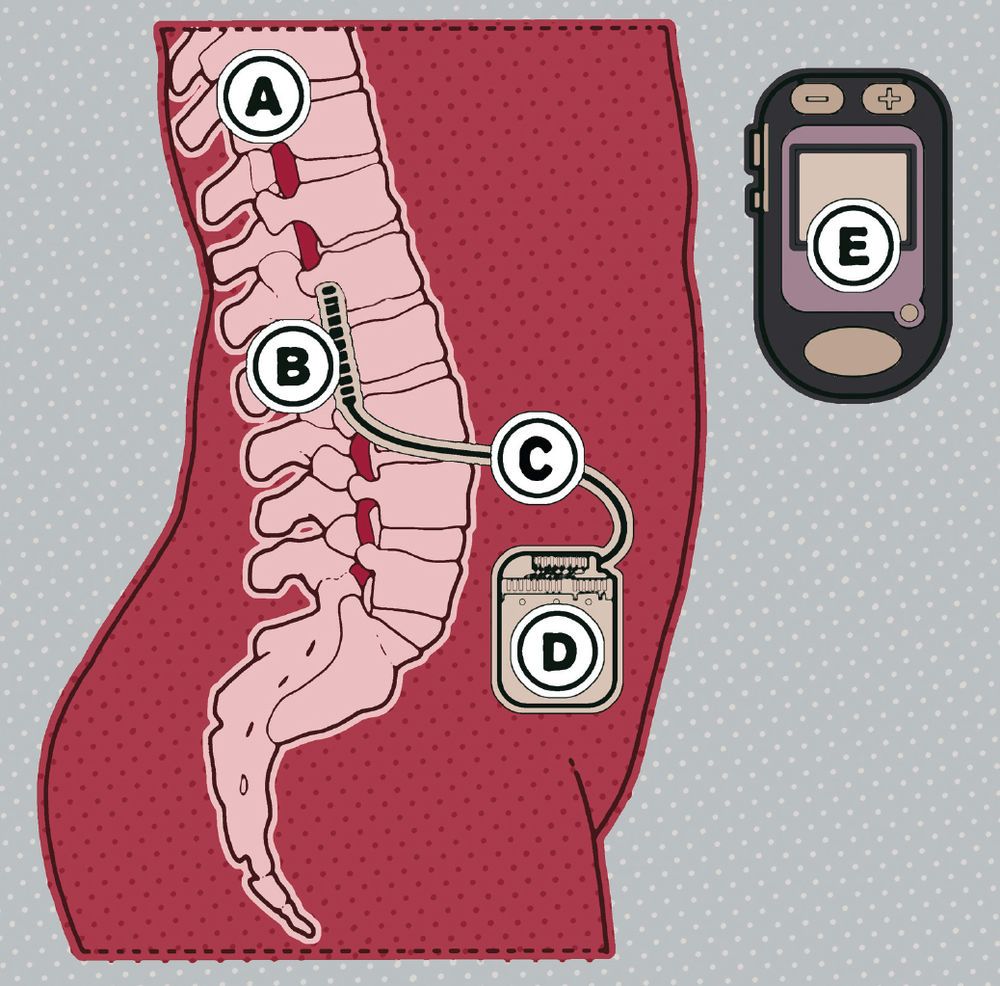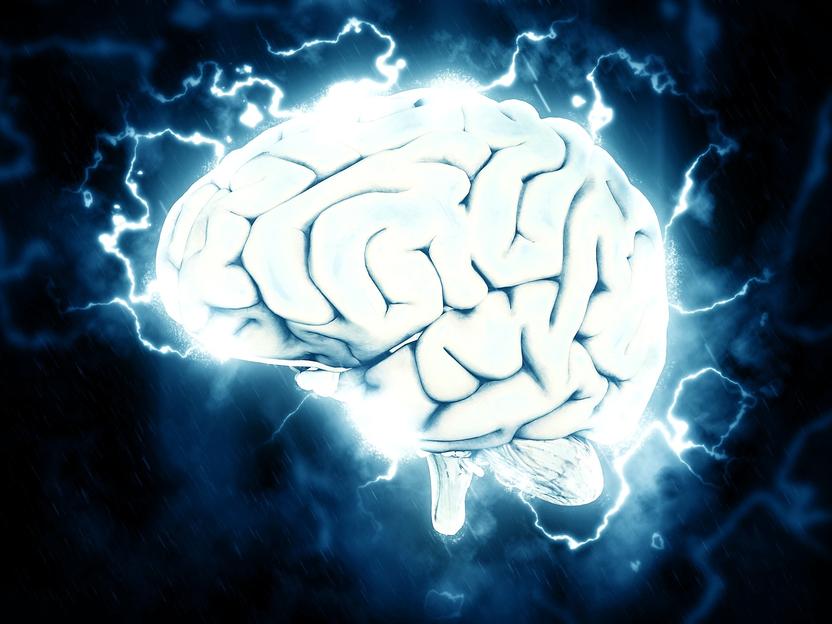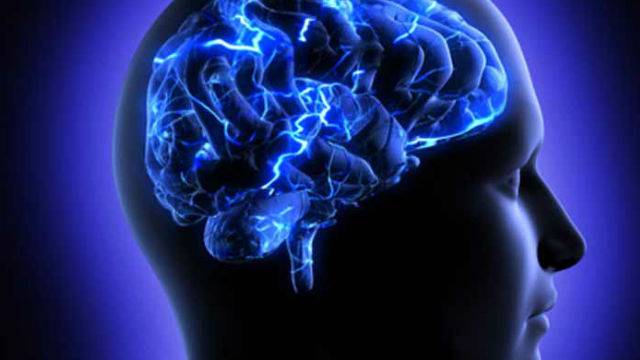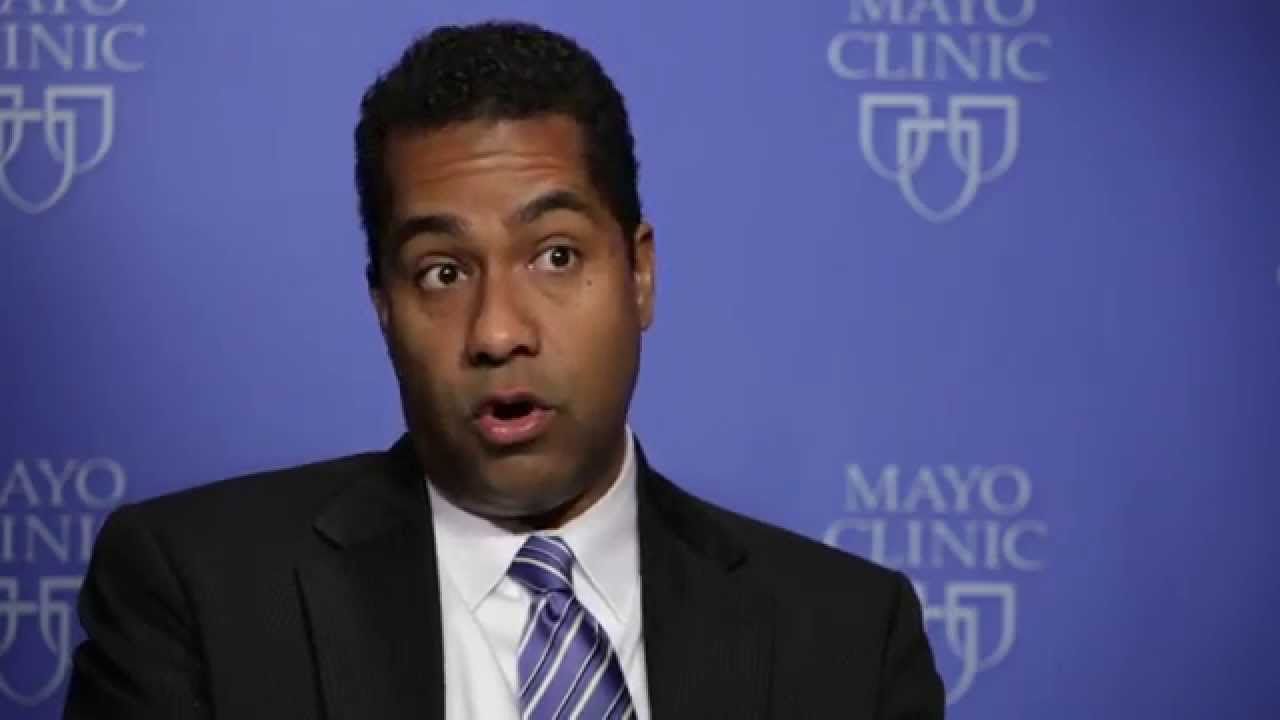Feb 1, 2017
Scientists show deep brain stimulation blocks heroin relapse in rats
Posted by Karen Hurst in categories: biotech/medical, neuroscience
Scientists at The Scripps Research Institute (TSRI) have found that deep brain stimulation (DBS) can greatly reduce the compulsion to use heroin in standard rat models of addiction.
Rats that were used to taking heroin, and normally would have self-administered more and more of the drug, did not escalate their intake when treated with DBS.
The treatment involves the weak electrical stimulation, via implanted electrodes, of a brain region called the subthalamic nucleus.
Continue reading “Scientists show deep brain stimulation blocks heroin relapse in rats” »
